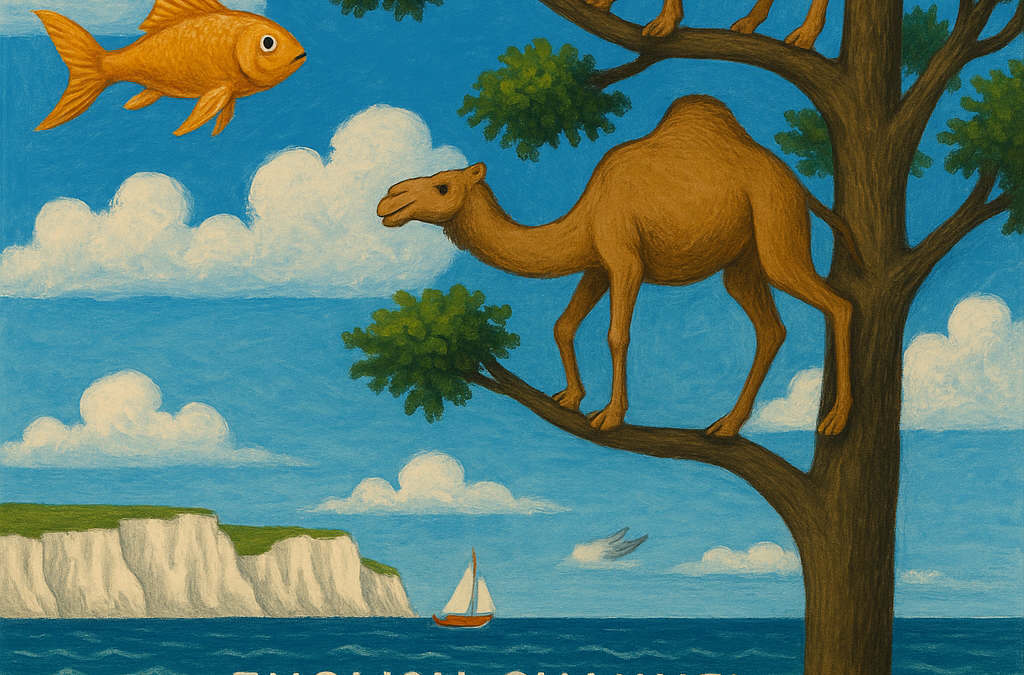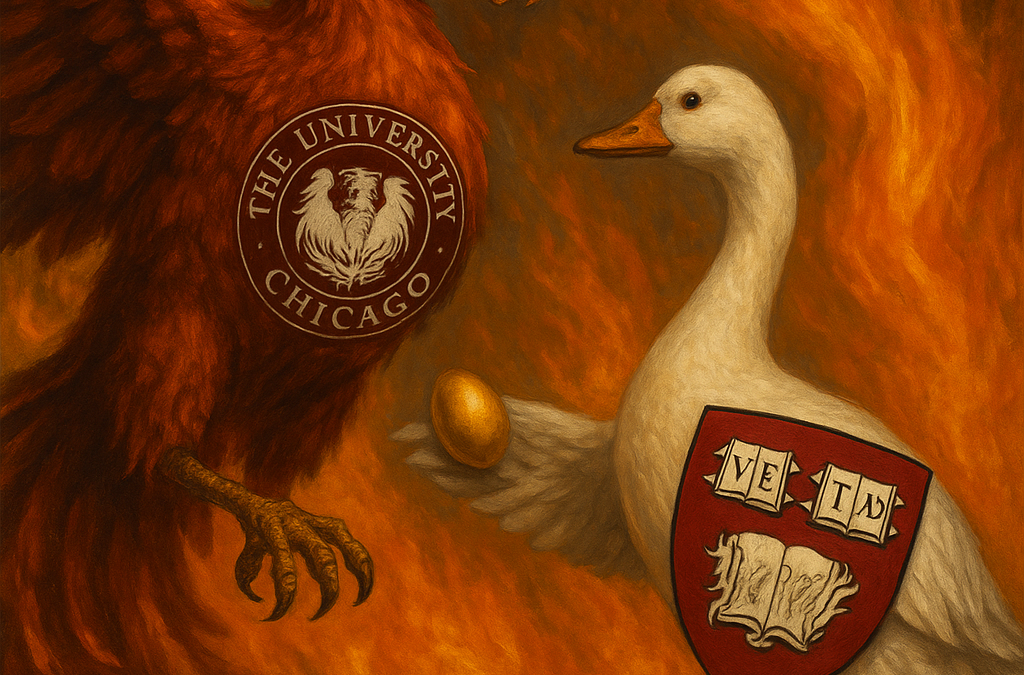Today I thought I would talk about a little philosophy that has powered me for the past couple of years.
This is the philosophy of advanced laziness.
It’s the same philosophy that has made me exercise every single day since January 1st of 2019, which makes today’s run Day 1740 of exercise without stopping.
It’s the same philosophy that makes me work hard in many areas and to carry forward doing many of the things that I have been doing without stopping.
It’s a philosophy that seems to bear almost no relation to laziness, and may at the end of the day just be a profound rationalization based upon delusional reasoning.
…But I believe in it.
Let me explain.
I believe that somewhere within a person’s spirit, they have things that they wish to accomplish and would wish to accomplish no matter what the circumstances are. As goal-driven beings, we seek to accomplish or do certain things with our lives, and therefore face an innate wish to strive for these things.
Here are some examples. A person might want to lose weight or to learn an instrument. Maybe they might want to successfully create a business that will sustain them or to sustain a social enterprise that is brought forth on the strength of their personality and many other things along the way.
Maybe some of these things are formed by society or from the people around us, or maybe even random interactions between ourselves and the world.
Nonetheless, their existence remains undeniable fact: To deny them is to pay for a future in which one sits up in bed and ponders why the goal has yet to be achieved, to question every moment that came before, and to recognize that one didn’t manage to pay respects to their inner will, leading to existential crisis, confusion, and a recognition that one should have done better.
It is to eventually return and remember the innate wish and see that it hasn’t been fulfilled in the world, and therefore face doubt, anxiety, and a wish to strive for the goal again.
Advanced laziness is founded upon these premises which may well just be assumptions at the end of the day, but it is founded on the basis of the belief that the most efficient way to strive and to minimise the time that a person looks back on life and tries again to achieve something that they could have achieved before is to simply pursue it every single day and with all of their heart to minimise the total amount of time that a person ends up wallowing in regret and wondering about things that could have been and instead capitalising on the benefits of compounding and the growth that comes when a person dedicates themselves daily towards small improvements brought forth manageably as they pursue the goals that arise from within their deepest being.
It is a philosophy that is based upon the idea that benefits compound through daily practice and regrets can be minimized if one doesn’t have a reason to have them in the first place because one is engaged instead in the pursuit of moving the needle forward with each day, interaction, and moment instead. This has always seemed like a more appealing way of living life to me than the converse, though I feel that on a personal level, it hasn’t always played out in that way.
Like any other person, I have moments when I feel subjectively that I’m not up for something, that I’m tired, that I cannot push forward in the way that I would like because of external circumstances, time constraints, or any number of other things that could make life difficult that I haven’t been able to push past constraining me from doing the things that I want on a day-to-day basis. But one thing I’ve come to learn throughout the course of life is that what we want is manifold, and it’s not always clear that we can make rational judgments about what should take precedence over what, and moreover that time inconsistency also assails us with the inability to make decisions on a consistent basis across multiple time periods in the situation that we do not spend time reflecting.
When I reflect personally on the different things that I’m doing, including Korean, cello, making videos, and pushing forward in learning how to educate people, I recognize at many different decision points that these things are difficult to balance because they require discipline and many other facets of personality which I have only imperfectly developed throughout the relatively brief duration of my life upon the mortal coil that is the wick of my life upon the candle of earth.
There are times when I am tempted to deviate and simply rest and stop and pause for a quick bit, allowing the wave of freedom to wash over me, only to realize that this decision represents, when I reflect upon it, a denial of my previously freely chosen decision to pursue these things in the very first place and represent an insult to my earlier self. One could very well contend that a person should be free to make decisions at an earlier point and then also to make decisions to deny that earlier decision when a person has changed. But has a person really changed along the way? Not necessarily. I know that I definitely haven’t. When I reflect upon the deepest parts of my soul, I recognize that the things that I say are valuable, remain valuable, regardless of my immediate feeling of stress or difficulty with coping. Because when I look at the deepest part of my being, I see that I value knowing how to speak Korean and with the world at large. And I know that I value music and its ability to unite people by appealing to the soul in ways that can only be brought forth with skillful practice and a sensitivity not only to rhythms but also to the souls of those who lie without. I see in the balance of things that impacting souls and helping them to strive for better, to live for better in the eventuality of things is and remains something tremendously worthwhile to aim for.
Each of these things is something that bears the possibility of failure the moment one moves away. A person cannot learn a language by simply choosing not to continue a class and hoping that one’s innate nature and supposed freedom will bring them on the path towards a greater mastery.
The same applies for learning an instrument. In the absence of teaching, it’s not always clear what I would do on my part and therefore, any freedom that would be brought forth on that front would eventually be drawn back closer into the sphere of what I had attempted to do before, across all different things, which in turn leads me yet again as what goes up comes down in what seems to be a teleological direction of return towards facets that I had identified before and that innately I know I should continue to pursue. These are facets that will ever remain as part of me, and that if I wish to chase with efficiency, I must muster the strength to push forward each day.
There is no guarantee that other people abide by the same way of living or think of the world or value improvement in the same way.
But I feel that this will resonate for those who do.
Here’s to advanced laziness to those of you out, there are striving for better and seek to accomplish it in the most efficient way possible, while paying respect to your nature. Thanks for reading.




